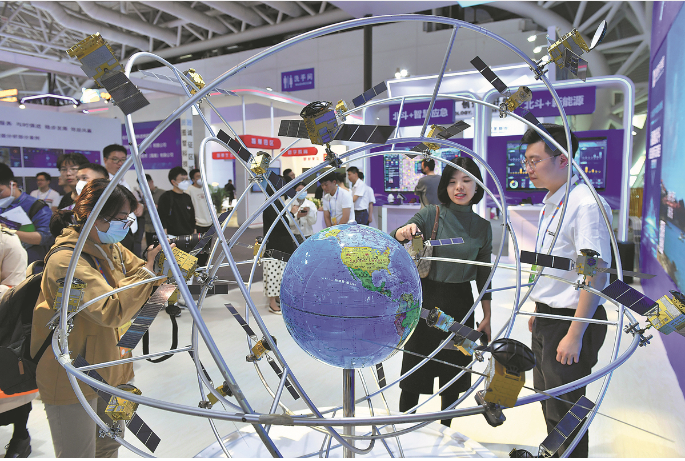New reports suggest that hundreds of CEOs and top-level executives are increasingly worried about artificial intelligence (AI) taking their jobs.
Year by year, AI has become ever more sophisticated, even taking up creative tasks that were perceived to be uniquely human in nature.
It is estimated that by 2030, nearly 80 percent of project management tasks will become automated, replacing traditional project management and senior level functions with AI.
At first glance, this may seem a tall order, given that a CEO or person in authority will influence entire organizational policies and oversee a team’s performance. It takes years of experience to reach this level, and combines on-the-job acquired wisdom with all the nuanced complexities of people-management.
Unfortunately, the flip side to this is that experience is expensive. Companies will pay vast sums to introduce new board members and senior management professionals in order to guarantee reliability in producing a solution. AI, on the other hand, after budgeting for initial start-up costs, is significantly cheaper to upgrade and maintain. Without any ulterior motive, AI will also never ask for a pay rise or be enticed away to another, more lucrative, career opportunity.
The advent of managerial AI is fast approaching. AI models are currently being trained to replicate optimal managerial decisions, with vast swathes of data for algorithms to analyze and learn from. Common trends, mistakes and successes can create models for optimal decision-making based upon decades of senior human managerial experience. It is hard to convince a company that risking a young unproven professional who does not have the access to the backlog of data that AI has is a safe investment.
- Google backs AI in Africa with fresh funding for tech startups
- Taking advantage of AI to reduce gap in tech race
- Top 5 technology trends likely to shape 2025
It is possible that a hybrid approach will be taken in executive suites of the future. Humans can use AI tools as automated management consultants in order to access data-driven decision making. This will, however, drastically reduce the number of top-level executives required to handle tasks, as the pool of knowledge offered by a board becomes outsourced to AI.
On the other hand, it is hard to imagine a corporate landscape in which humans are not still in charge of networking and building interpersonal relationships with clients. Team management also requires motivational and morale-boosting qualities, something that requires a human touch. Thinking of new creative approaches outside the box will also be something beyond the realms of AI, which relies upon retrospective data analysis.
Conversely, while senior management may find some of their roles threatened by AI, more junior professionals may find themselves empowered to fill in the roles of more middle management by the application of AI tools. Tasks such as workflow management and other administrative middle management duties can now be automated and done by less skilled personnel, offering them more responsibility in redefined roles.
The impending mass replacement of CEOs may be avoidable for those who are well prepared. Those who are able to familiarize themselves with AI tools and their limits quickly will be able to use AI to their advantage, automating mundane tasks and freeing up their time to perform more meaningful ones.
The landscapes of workplaces big and small are likely to change dramatically as AI infiltrates aspects of everyday office life. One additional role AI will give CEOs is the need to train and prepare the workforce for this eventuality. Employees across the board are likely to become upskilled, meaning that CEOs must be prepared to train them effectively or risk companies missing huge opportunities for this. For better or worse, in the near future, the role of business leaders will change dramatically. (China Daily)


